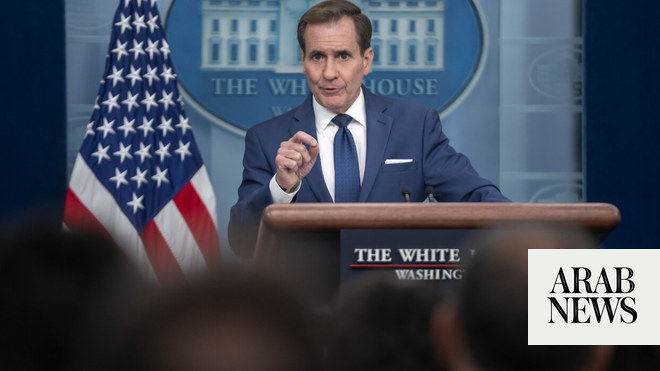
RIYADH: Gulf Cooperation Council economies will remain resilient even if the Israel-Hamas war prompts a wider regional conflict, according to S&P Global.
The rating agency performed a stress testing scenario to quantify the resilience of some rated Middle Eastern banking systems if the instability spreads.
The report anticipates external outflows from the region, but only Qatar, Egypt, and Jordan would face deficits.
External outflows refer to a sudden and substantial reduction in deposits, withdrawals by large institutional clients, or a decline in the availability of funding.
“Under our standardized assumptions, external funding outflows could reach about $220 billion, or about 30 percent of the tested systems’ cumulative external liabilities. However, banks have sufficient external liquidity to cover these outflows in most cases,” the report said.
In its simulated scenario, S&P assessed the outflows from stressed banking sector liabilities against liquid government assets.
A broader regional escalation of the Israel-Hamas war, possibly through proxy conflicts, could lead to a shift in investors’ risk perception of the Middle East. This might result in the departure of confidence-sensitive funds, a pattern observed during previous periods of stress.
Despite escalating financing needs driven by banks, most GCC economies still maintain strong net external positions, primarily due to sizable and expanding fiscal reserves.
Additionally, government assets, inclusive of S&P’s estimations of external sovereign wealth fund assets, far exceed the stressed liability outflows.
However, Egypt and Qatar were deemed to be vulnerable due to the increased external debt in their financial systems, while Jordan’s banking activities in Palestinian territories leave it at risk.
According to S&P, other systems seem robust, depending on their ability to timely liquidate external assets with manageable adjustments, emphasizing the importance of maintaining financial resilience in case of unexpected escalations or shifts in economic dynamics.
The report estimated that the GCC countries will have an average of $660 billion of gross external debt, both public and private, maturing annually over 2023-2025.
Notably, the UAE and Qatar are expected to be responsible for more than half of this total, according to the report.












